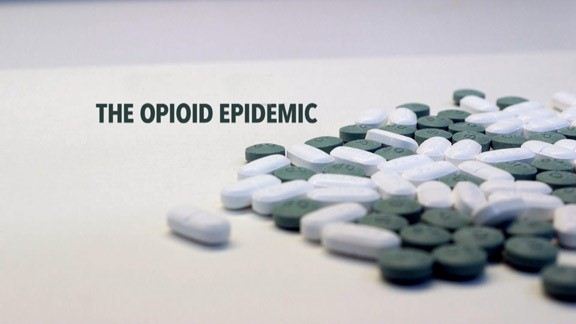
Nassau County Legislator Steve Rhoads was joined by Legislators Thomas McKevitt, Laura Schaefer and Rose Walker, along with Presiding Officer Richard Nicolello at a press conference on Tuesday, February 13th, to announce new legislation to help combat the opioid epidemic. The new legislation will expand Nassau County’s current social host law to apply to controlled substances, including opioids. Currently, Nassau’s social host law is only applicable for alcohol.
By including “controlled substances” within the Nassau County Social Host Law, parents, guardians, siblings, friends, and anyone else over the age of eighteen will be held accountable for knowingly permitting the consumption of controlled substances by anyone under age twenty-one, or failing to take reasonable corrective action upon learning of the consumption of drugs, at his or her owned, rented, or otherwise controlled private residence. The crime is considered an unclassified misdemeanor, and the fines for a first offense include $250. A second offense will accrue a fine of $500, and a third offense, and all offenses thereafter will be $1,000 and/or imprisonment not to exceed one year.
“The opioid problem in Nassau County has grown exponentially in recent years, and as a community it is up to each of us to be part of the solution,” Legislator Rhoads said. “It is incumbent upon government to address this epidemic head on. My colleagues and I have sponsored Narcan trainings throughout the County; put the overdose reversal agent in all patrol vehicles and partnered with grass roots organizations to conduct programs to educate both students and parents of the dangers of opioid abuse. It is my hope that this legislation will encourage adults to be more vigilant and aware of the activities occurring in their own homes when they host.”
The original Social Host law was passed by the Nassau County Legislature on July 9, 2007. It prohibits any person over the age of eighteen who owns, rents, or otherwise controls a private residence from knowingly allowing the consumption of alcohol by individuals under the age of 21 on such premises, or failing to take reasonable corrective action upon learning of the consumption of alcohol.